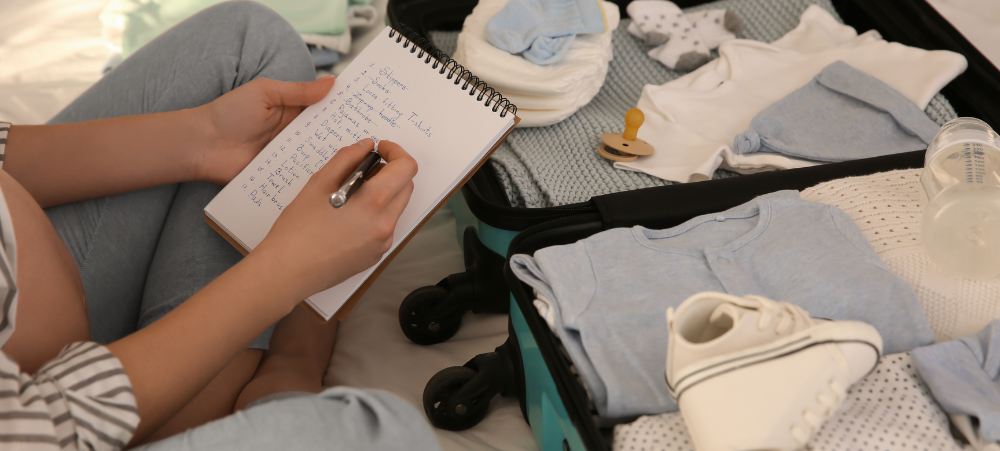Being pregnant is an exciting time of your life, but it can be a little daunting. Morning sickness is one of the aspects of pregnancy that can be difficult to deal with. It is estimated that over 70% of women deal with nausea and vomiting to some degree. The name morning sickness is also misleading, as unfortunately you can feel sick anytime of day.
Morning sickness is often one of the first signs of pregnancy, beginning in the first trimester. Unless vomiting is so frequent that it leads to weight loss and dehydration (this is known as hyperemesis gravidarum), morning sickness is considered a normal (albeit unpleasant) part of pregnancy.
What causes morning sickness?
There is no one cause of morning sickness, and severity varies amongst women, and between pregnancies. Some women deal with feeling nauseous the entire pregnancy, whereas others will find that symptoms abate within the second trimester. Luckily, even though you may be feeling miserable, morning sickness is often seen as a sign of a healthy pregnancy and doesn’t harm your baby.
Morning sickness is thought to be caused by hormonal changes during pregnancy, specifically the pregnancy hormone, known as human chorionic gonadotropin.
How to deal with morning sickness?
Unfortunately there isn’t anything you can do to fully alleviate the nausea and vomiting, however, there are things you can do to help fight feeling sick.
Making sure you stay hydrated, eating a bland diet, such as rice, bananas and crackers, as well as eating small amounts frequently are all things that can help quell the queasiness. Try staying away from strong smells and spicy foods, as these can trigger nausea.
If your morning sickness is bad, speak to your doctor, and be sure to consult with them before trying any medication or alternative remedies.
For 2025 we have a renewed Female Health Programme:In collaboration with CareWorks, it’s accessible to all female members aged 18 and above, with an emphasis on preventative care and early detection of female-specific health issues. In addition, we have an enhanced Maternity Programme to support expecting mothers. This includes early identification of and weekly engagement for high-risk pregnancies, post-childbirth care and associated mental health follow-up calls for new mums, given the prevalence of pre and postnatal depression. Also, milestone reminders for children under 3 and cover for antenatal vitamins through savings, day-to-day benefits or the Benefit Booster
Bonitas Medical Fund
0860 002 108
View Website: www.bonitas.co.za
- Putting together your birth plan - December 23, 2025
- Breastfeeding tips - December 15, 2025
- Mental health matters during the festive season: Let’s normalise getting help - December 11, 2025






1 thought on “Morning sickness – what to expect and how to deal”
Wow this article is really helpful i will recommend to my friends who are pregnant to read and educate themselves.